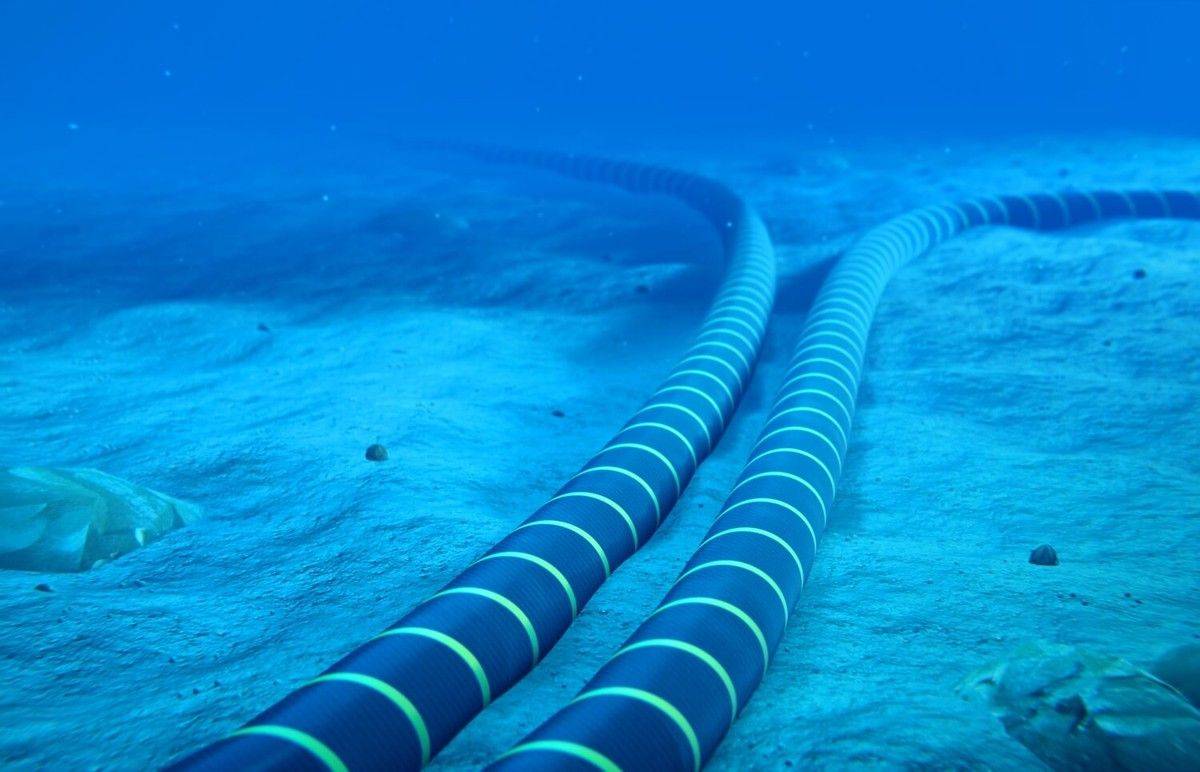
With the acceleration of global digitalization, the vast submarine cable network connecting continents is increasingly becoming a key infrastructure in international relations. However, recent disputes and security issues surrounding these cable networks are gradually becoming a new source of tension in international relations.
The submarine cable network is an important backbone infrastructure of the global Internet and communication. According to statistics, more than 95% of the world's international data transmission depends on submarine cables. These cables connect continents, ensuring smooth global communication and data exchange. Submarine cables not only support the global communication system, but are also crucial for international trade, financial transactions, and multinational enterprise operations. Any damage or interruption to these cables will have a significant impact on the global economy and financial markets. Due to its critical role, submarine cable networks have also become a key focus of strategic security concerns for countries. Protecting the safety and stability of submarine cables has become an important component of safeguarding national security and sovereignty.
The laying and maintenance of submarine cables involve the interests and sovereignty of multiple countries, often leading to geopolitical disputes over cable laying routes, connection points, and management rights. The path and connection point selection of submarine cables often require passing through the waters of multiple countries, which involves sensitive issues of national sovereignty and maritime rights. Some countries have expressed concerns about cable routes being too close to their territory or military facilities, believing that they are being used for intelligence gathering or other security threats. The management and maintenance of submarine cables are usually the responsibility of international organizations or multinational corporations, but specific operations require consultation with coastal countries. The allocation of management rights may lead to disputes between countries, especially when sensitive waters are involved.
The safety of submarine cables is indeed an important issue. There have been reports in history that certain countries may use technological means to eavesdrop or interfere with submarine cables. This behavior not only violates communication privacy, but may also undermine international trust relationships. Some countries are concerned that other countries may use submarine cables for intelligence gathering, especially in military and politically sensitive areas, which exacerbates international suspicion and distrust.
The construction and maintenance of submarine cables require significant capital investment, which is usually led by large multinational corporations or countries. This investment model may lead to certain countries or companies dominating the submarine cable network. Overreliance on submarine cable services from certain countries or companies may pose a threat to the security of communication and data transmission. Some countries may seek to diversify their communication infrastructure to reduce reliance on a single source.
In the face of the security and economic challenges brought by submarine cable networks, countries should establish international standards and norms, enhance crisis response capabilities, promote technological innovation and application, strengthen information sharing and collaboration through multilateral agreements and cooperation. While ensuring security, they should also ensure the fair and transparent operation of cable networks, alleviate the tension in international relations caused by this, and promote the sustainable development of global communication and economy.
Firstly, countries should jointly develop and comply with international standards for the construction and maintenance of submarine cables to ensure their safety and reliability. These standards should cover aspects such as cable design, laying, maintenance, and repair to reduce the risk of technical failures and human damage. Establish a global crisis response mechanism, including rapid response teams and emergency plans, to take swift action in the event of cable damage, reducing communication interruption time and economic losses.
Secondly, encourage and support technological innovation, such as developing more durable cable materials, more efficient laying techniques, and smarter monitoring systems, to improve the performance and safety of submarine cables.
Finally, establish an open information sharing platform to ensure the fair and transparent operation of submarine cable networks through multilateral agreements, enabling countries to exchange information on the status and potential threats of submarine cables in a timely manner, enhancing international cooperation and collaborative response capabilities, and preventing any country or group from abusing its control over cables, affecting the communication security and economic interests of other countries.
The submarine cable network is a key infrastructure supporting global communication and economic activities. We need to resolve disputes and tensions caused by the submarine cable network through dialogue and cooperation, ensure its long-term stable operation, support the sustainable development of the global economy, and maintain international peace and stability.

Eu countries have agreed to end the import of Russian natural gas by the end of 2027.
Eu countries have agreed to end the import of Russian natur…
US President Trump claimed that Iran's nuclear facilities w…
Former French President Nicolas Sarkozy is about to serve h…
The entire cabinet of Shigeru Ishiba in Japan resigned on T…
On October 16th local time, it was reported that a Boeing 7…
The World Economic Outlook Report released by the Internati…